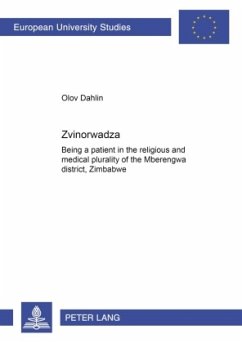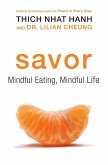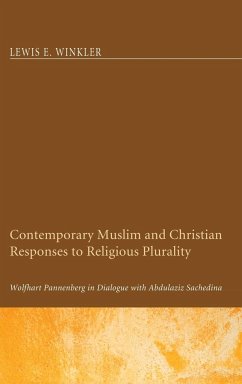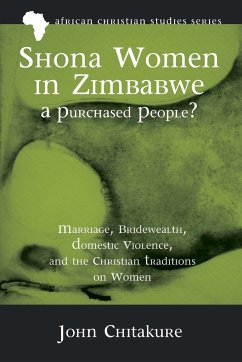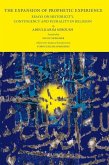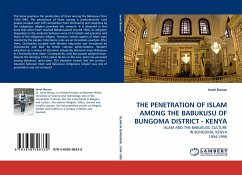Zvinorwadza, a very common formulation heard among patients in the Mberengwa district, Zimbabwe, means «it is painful» or «it hurts». This book deals with patients in a rural area of southern Africa and poses two basic questions: What does it mean to be ill in this part of the world and what do patients' life-worlds look like? Patients' illness experiences are described with the word pain, anxiety and sometimes despair; their social situations are often marked by vulnerability, exposedness and insecurity which apply to both genders, but particulary to women; their help-seeking behaviour is characterised by pragmatism, complementarity and plurality; their conceptions about illnesses and aetiologies involve qualities of uncertainty, flexibility and multidimensionality; and, finally, patients' treatment experiences can be depicted in three words: some experienced ease, others complete healing, while a significant group of the multi-episodical patients experienced non-deliverance. Itis concluded that the phenomena illness and healing need to be regarded holistically and that it is of crucial importance to acknowledge patients' own ideas concerning these issues.

